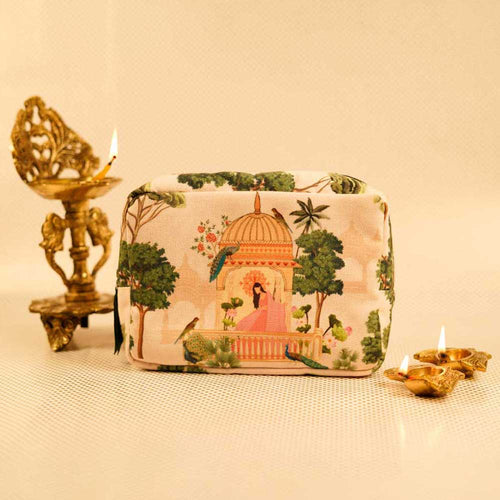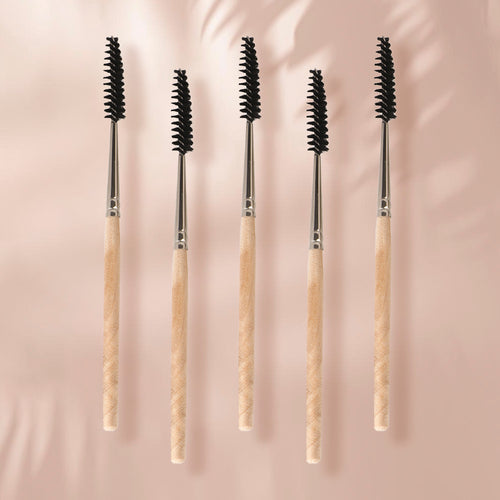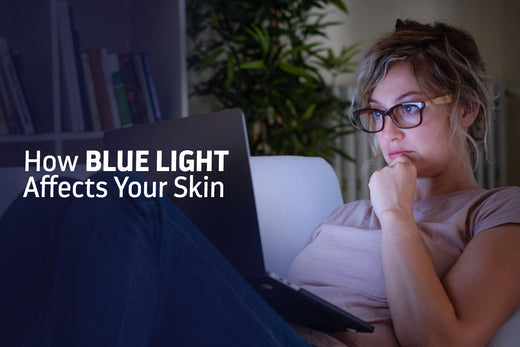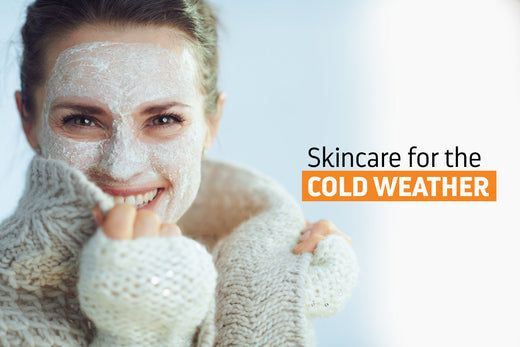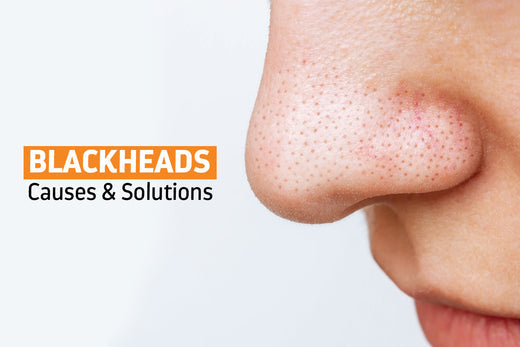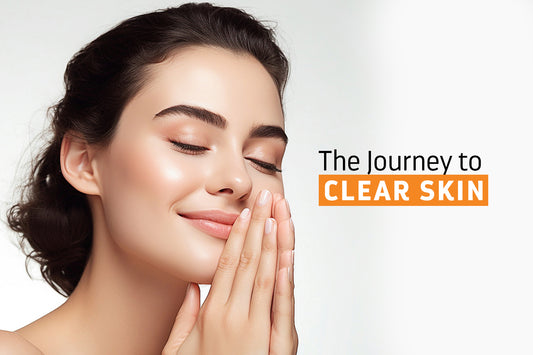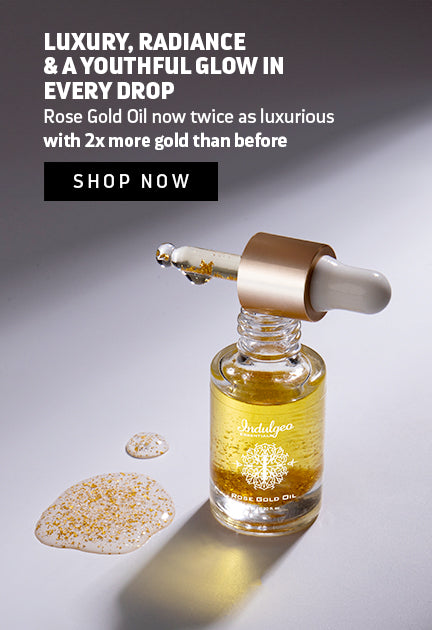
We live in an era where screens have become an indispensable part of our daily lives. Whether it's for work, socializing, or unwinding, we spend countless hours glued to our phones, laptops, and other digital devices. While the benefits of technology are undeniable, it comes with a hidden downside — the impact it can have on our skin.
You may have heard about the harmful effects of UV rays and pollution on your skin, but there's another culprit emerging in skincare circles: blue light. Also known as high-energy visible (HEV) light, blue light is emitted from digital screens, and it's becoming a significant factor in skin ageing. In this post, we’ll dive into what blue light is, how it affects your skin, and the concept of digital ageing, alongside some tips to protect your skin from blue light in the digital age.
What is Blue Light?
Blue light is part of the visible light spectrum, which we see as the blue and violet light emitted from the sun. But the blue light we're most concerned about today comes from the digital screens we use daily — smartphones, tablets, laptops, and even LED lights. This form of blue light is considered high-energy visible (HEV) light, meaning it has a shorter wavelength and higher energy compared to other types of visible light.
While blue light is not as harmful as UV rays, it still has the potential to cause damage to our skin over time, especially when we're exposed to it for prolonged periods. So how exactly does blue light affect our skin?
Blue Light and Skin Damage: What You Need to Know
1. Penetration into the Skin
Unlike UV rays, which primarily affect the outer layers of your skin, blue light can penetrate deeper, reaching the dermis (the second layer of your skin). This deeper penetration allows blue light to trigger oxidative stress, a process where free radicals are created. Free radicals can cause cellular damage, breaking down collagen and elastin, the structural components that keep our skin firm and youthful. The result? Premature wrinkles, fine lines, and loss of elasticity — all signs of digital ageing.
2. Hyperpigmentation and Dark Spots
Blue light exposure can also exacerbate hyperpigmentation issues. When the skin is exposed to this high-energy light, it can trigger the production of melanin, the pigment responsible for skin color. Over time, this can lead to an uneven skin tone, dark spots, and discoloration. People with darker skin tones may be more prone to these pigmentation issues, making the impact of digital ageing even more apparent.
3. Increased Inflammation and Redness
For some individuals, blue light exposure can lead to inflammation or redness in the skin. This is particularly concerning for those with sensitive skin or skin conditions like rosacea, which can be aggravated by prolonged exposure to blue light. The inflammation may not be immediately visible, but over time, it can cause skin to appear more irritated, flushed, or reactive. This chronic inflammation can accelerate the aging process by weakening the skin's barrier function, making it more susceptible to environmental stressors.
4. Disruption of Skin’s Natural Repair Cycle
Blue light can also interfere with your skin’s natural repair cycle. While you sleep, your skin goes into repair mode, rejuvenating itself and healing from the damage it has sustained throughout the day. However, exposure to blue light late at night — particularly from your phone or computer screen — can disrupt this cycle. This disruption can hinder the skin's ability to regenerate, leading to dullness, dryness, and premature aging.
Digital Ageing: What Is It?
Digital ageing is a term that's starting to gain traction in the skincare world. It refers to the accelerated aging process that results from prolonged exposure to digital devices and the blue light they emit. Much like how UV rays contribute to photoageing, blue light is now seen as a contributor to digital ageing.
Experts have noticed that people who spend a lot of time on their devices are showing signs of aging earlier than before. While this isn't to say that blue light alone is the primary cause of premature aging, it certainly plays a significant role when combined with other environmental factors like pollution, poor skincare habits, and insufficient sun protection.
How to Protect Your Skin from Blue Light Damage
Now that you understand the ipact of digital ageing, let’s talk about how you can protect your skin from blue light.
1. Use a Blue Light Filter on Your Devices
One of the easiest ways to reduce your exposure to blue light is to use a blue light filter or screen protector on your devices. Many smartphones and computers have built-in settings that allow you to adjust the level of blue light emitted, often referred to as “night mode” or “blue light filter.” Activating these settings can help minimize blue light exposure, especially during evening hours when you’re more likely to use your devices before bed.
2. Incorporate Antioxidants into Your Skincare Routine
Antioxidants are essential in protecting your skin from oxidative stress caused by free radicals. Adding products that are rich in antioxidants, such as Indulgeo Essentials 15% Vitamin C Essence can help neutralize the damaging effects of blue light and prevent premature ageing. Antioxidants also help repair damage caused by UV rays and other environmental stressors, so they’re a must-have in any skincare routine.
3. Moisturize
Blue light can contribute to skin dehydration by damaging the skin barrier. To help counter this, it's important to keep your skin well-hydrated. Use a nourishing moisturizer that helps lock in moisture and protect your skin from environmental factors. Look for products containing hyaluronic acid, ceramides, and glycerin, which can help maintain skin hydration and reinforce the skin barrier. Our recommendation? Indulgeo’s Aqua 24k Gold Premium Moisture Gel.
4. Wear Sunscreen Every Day
Even though blue light doesn’t carry the same risks as UV rays, it still has the potential to harm your skin over time. To fully protect your skin from digital ageing and other environmental damage, wearing sunscreen every day is essential. Choose a broad-spectrum sunscreen with SPF 30 or higher that also offers protection against HEV light. Many sunscreens now include ingredients that help protect against both UV rays and blue light, so it’s easy to find one that provides full-spectrum defense.
5. Take Screen Breaks
One of the best ways to reduce blue light exposure is to limit the time you spend on screens. If you work at a computer all day, make sure to take regular breaks every 20-30 minutes.Try following the 20-20-20 rule: every 20 minutes, take a 20-second break and focus on something about 20 feet away to give your eyes a rest. Not only will this help reduce eye strain, but it can also reduce the overall amount of time your skin is exposed to blue light.
To Conclude
As digital devices continue to dominate our daily lives, the effects of digital ageing are becoming an increasing concern. Blue light, while not as dangerous as UV rays, can still contribute to skin damage over time. By understanding the risks and taking simple steps to protect your skin, you
can keep your complexion looking youthful and radiant, even in the digital age.
So, whether you’re working from home, scrolling through social media, or binge-watching your favorite series, make sure to incorporate these protective strategies into your skincare routine. After all, glowing, youthful skin is just as much about taking care of your digital habits as it is about your skincare products.
















